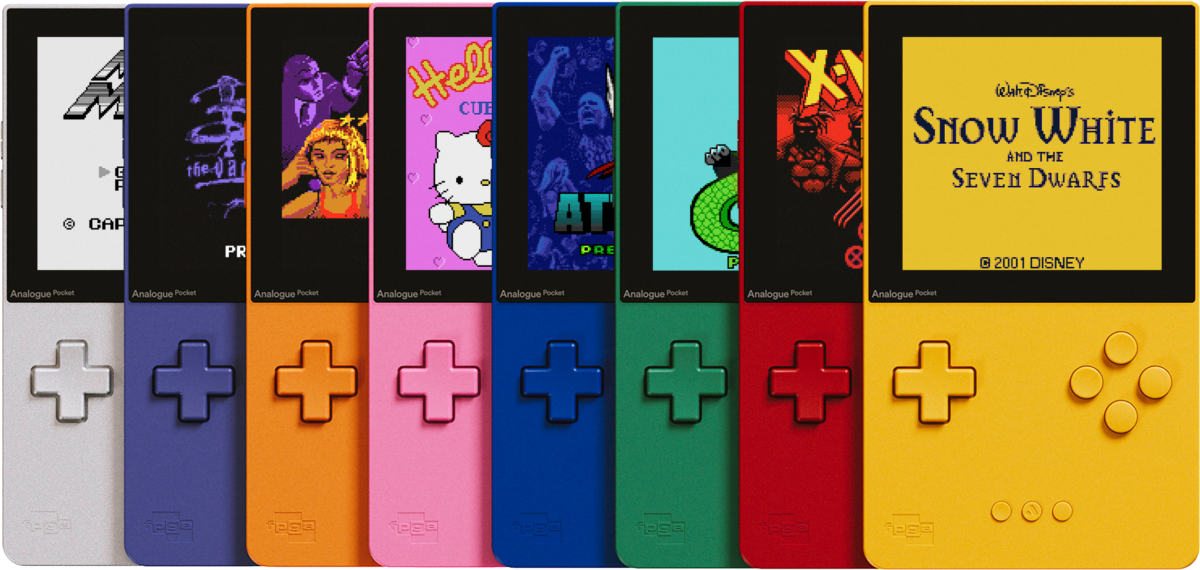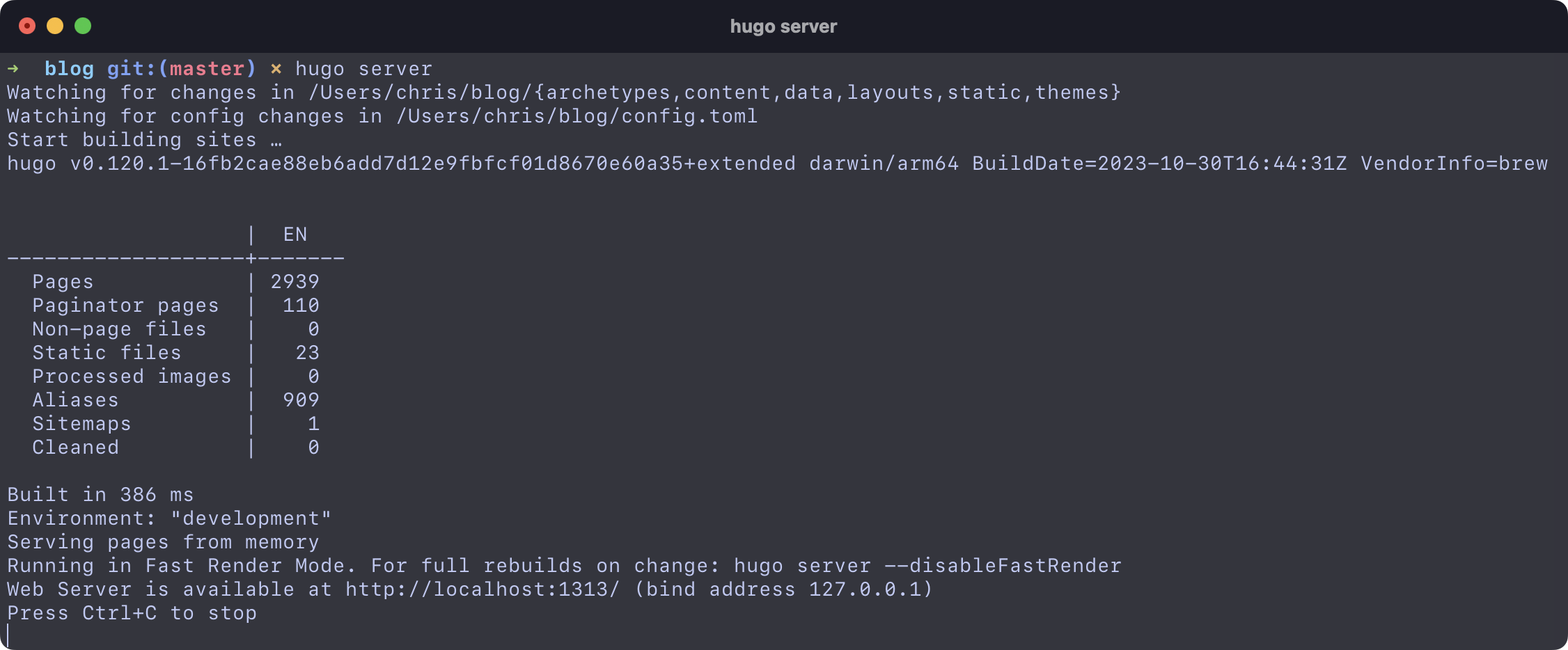I've been thinking about online vs real-life communities, and how in the real-world, there are many aspects that separate individuals, but also groups apart from each other. And yet, I'd estimate that most people feel more connection to people in the real world than on any online community.
For years I've had the same overarching thought in my head, that we humans simply cannot comprehend or deal with the scale that the internet has opened up to us. This both applies to things like the scope of news that is presented to us, and also when it comes to having human interactions with each other.
Traditional social networks are the worst offenders in my opinion. Especially ones who's foundations are built on everyone being connected, and having recommendation algorithms trying their hardest to force any form of interaction.
Whether it's a chef sharing their cultures cuisine via Instagram, a student sharing their learnings via X/Twitter, or a group of young people making fun videos and posting them to YouTube. There's always going to be one or many individuals/groups that won't be it's biggest fan. However, in the real world, you wouldn't expect someone to read a cook book, just to then tell the writer that they did it wrong, or go up to a group of young people and tell them that whatever they're doing, they could have done it better.
And yet online, it's quite typical to see negative replies to any form of human interaction. I don't to be hyperbolic and say that social networks encourage us to be negative to each other, but I do think that most social networks try to connect us together in ways that simply isn't natural.
We've gone from having small local communities, to what can feel like at times, having the entire world in your living room.
It's probably why some people just make their online presence completely private. Because then they can control the scope of their interaction, and avoid an abundance of negativity in the case where something was picked up by an algorithm and shown to a huge number of people.
In Ricky Gervais' show, Humanity, he had a funny segment on the typical replies you can find on Twitter. This is just a small snippet:
That’s like going into a town square, seeing a big notice board and there’s a notice with guitar lessons, and you go, "But I don’t fucking want guitar lessons!".
It's absurd behaviour, but it's pretty typical. It might to some extent be the reason why don't always feel comfortable being themselves online.
Scale changes how we interact massively. For example, the interaction that most people would have with another individual in a local pub is likely a lot different than it would be on a platform like Instagram, Twitter, or YouTube.
I don't think it's realistic, or even valuable enough for it to exist, but I have found myself sometimes wanting a more local social platform. Something like a UK-only Instagram for example, or a European-only Twitter. Because I'd assume most people in the UK are not interested in what Americans get up to on the 4th of July, and probably most Americans aren't interested in the Eurovision Song Content. These types of platforms would certainly have their own problems. But I think it just stems from me trying to invent a form of separation, where you're not by default connected to the entire world.
I guess the closest we got to small online communities were web forums. These were typically centred on a shared interest or activity, so it tended to bring somewhat likeminded people together.
Web forums still exist, but I for one don't use them anymore. However, I do think there is some good news. Because it seems like platforms like Mastodon encourages a better level of human interaction than we've seen on others.
You could argue that there's nothing stopping people behaving as they did on Twitter or Instagram, on Mastodon. But because Mastodon is not one big network, it's decentralised nature means that small (or sometimes large) communities can join together to form a federation allows both levels of interaction. It's by no means perfect, but I think it somewhat encourages people to both find a place where they feel comfortable, but also give them the choice to interact outside of their sphere.
I'm hoping that this means we're at least moving in the right direction.

